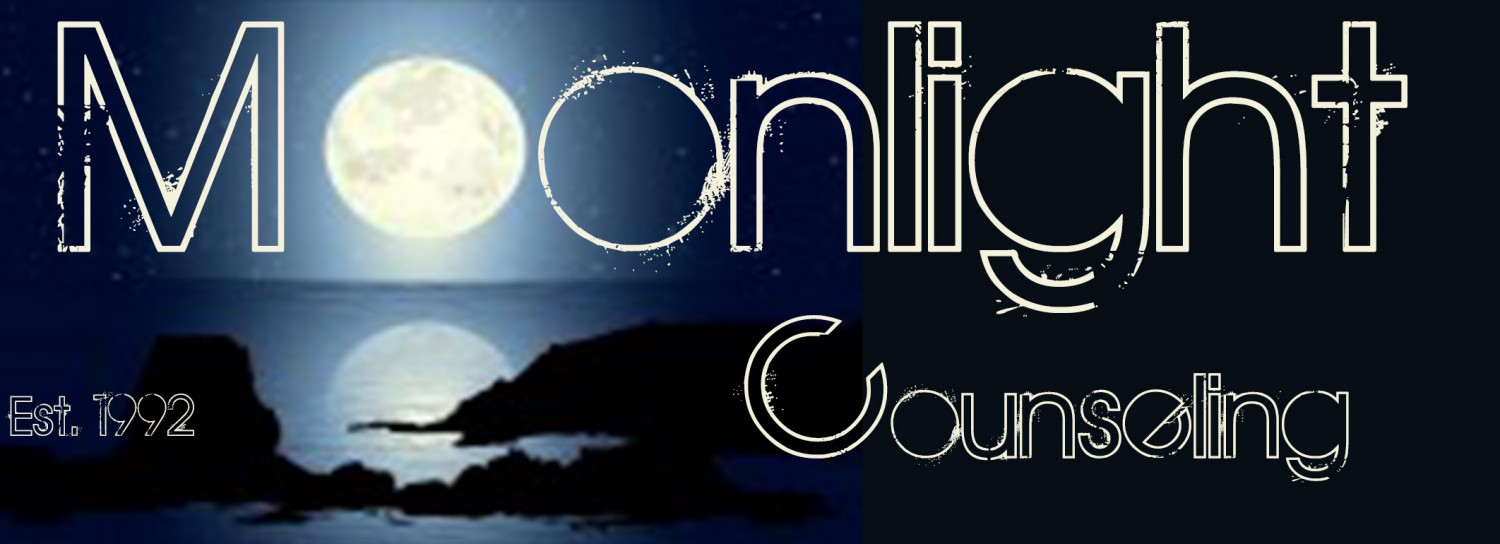Did others feel troubled watching the opening theatrics of American Idol as I did tonight? You don’t have to be a clinical psychologist to see the early contestants falling into one of three categories: 1). talented and attractive young people; 2) sincere but not ready for prime-time also-rans; and 3). “sideshow” malingerers, exhibitionists, narcissists and borderlines, or else persons suffering from major mental illness or disability (who have virtually no shot at the competition and are there for a different kind of entertainment). 
Personally, I don’t find this “mad-cap” premise entertaining or ethical; to the contrary, I feel a little stupid watching it and sad for the many pawns in this game, including myself. I weigh-in, however, not as a music fan, programming executive, or television critic which I am not, admittedly, having no special credibility or expertise to comment as such. I speak instead as a clinical psychologist in practice for three decades who otherwise is a popular music fan and has enjoyed parts of the show in previous seasons.
I say simply this: stop making fun of the mentally ill. It’s really an abomination to people who care about mental health issues in this country. It capitalizes on a kind of voyeuristic cruelty the show plays to by parading on stage for our amusement many individuals who are obviously suffering from various mental disorders. It’s poor modeling, as we say in the profession, and I’m frankly sick of this show’s exploitation, insensitivity, and ignorance. (Your charity work in Africa at season’s end is another inflated maneuver to extol penance for the sins and boorishness, which begin and end with red-blooded corporate greed, bottom-lines, and Hollywood narcissism, no matter how cute Ryan looks in his safari jacket in Namibia.)
The show rewards crass acting-out displays (probably against medical advice) that actually can be quite tragic, relentless, and painful (up close) for the participants themselves, though the effects are often delayed and may be fiercely regretted in the future as patients grow or stabilize. In some cases, the show appears to prey upon the mentally-challenged who may be unable to fully comprehend that a national joke is being played on them of which we, members of the thirty million plus viewers at home, apparently cannot get enough of. Each year I find this direction of the show increasingly inappropriate. Whether in reality actionable exploitation is indeed occurring here, or simply, the perception of “light-hearted abuse” (with Ryan Seacrest playing a kind of caring celebrity cheer-leader/coach/intake coordinator), I find it to be in very bad taste. The rank amateurism is not the talent here, but rather the producers, stars, and sponsors who know nothing about mental health or illness. The fact that AI is massively popular? Well, so were the public spectacles of bloody animal hunts, executions, gladiator-slave wars showcased for popular amusement in the highbrow Colosseum of ancient Rome.
Are we still playing to this level of pig-headed fans and out-of-the-closet sadism beneath the wholesome veneer of family entertainment? I think we’re better than that, or should be better than that, today in this country. The fraudulent rationale: “anyone can be the next American Idol” in this case is not only unethical and dishonest, but potentially dangerous. There’s a certain bully-mentality that we are tacitly invited to partake of, “Tea Party-esque” in its bold disinformation that brings us closer to the perceptions of judges and host when doing so, which disturbs me. I don’t like being led by Hollywood superstars down this mean-spirited sense of fun and games laughing at the freaks.
Imagine those families where such problems are truly devastating and real. People in this category live all around you, in your neighborhoods, the places you shop, schools, at work etc. How do you imagine they respond to this “zanniness?” Also consider the message conveyed to latency age children and teenagers about the quiet epidemic of mental illness (including major depression and ADHD) roiling in ourcommunities? The unnecessary segments about people who will never be selected for self-evident reasons is depicted as foil to American mega-stardom; we know the beautiful ones who already have semblances of “the whole package” will qualify to compete later, which makes me wonder uncomfortably what this really says about American pop culture and its highly-branded “idols” these days?
And who/what is really driving this machine? Is this America, or rather, who has manufactured this portrayal of America, and for what ends? Of course, this being high-stakes, global, commercial television we’re talking about, we must consider that most American of all conceits at the base of this enterprise:”Follow the money trail” (Mr. Ford and Coca Cola).
Social psychologists have long observed the frightening phenomena known as mob mentality, the tendency to behave poorly in groups in ways one wouldn’t dream of behaving were they by themselves. (It’s easy being out there when everyone surrounding you is out there also.) The callous form of collective amusement at others expense crosses the line in American Idol. If the moniker had real validity it would embarrass me to be “American” as such, and it should you too.
We are a nation that champions individual rights and human dignity, not mob mentality and collective bullying the expense of those less functional? Sure public debate is more contentious today than I’ve ever, but where is this leading and could anointing cultural idols through commercial television pose serious conflicts of interest? Sorry to be so humorless regarding the popular arena of music (a great passion of mine personally) but I think the carnival show dimension is better left to county fairs and helping professionals. American dignity, throw in some humor, depth, intensity and integrity, might be a better prelude to the musical contests. (Perhaps that’s why I liked Crystal Bowersox so much last season!)
Visit Arthur's Google+ Page







